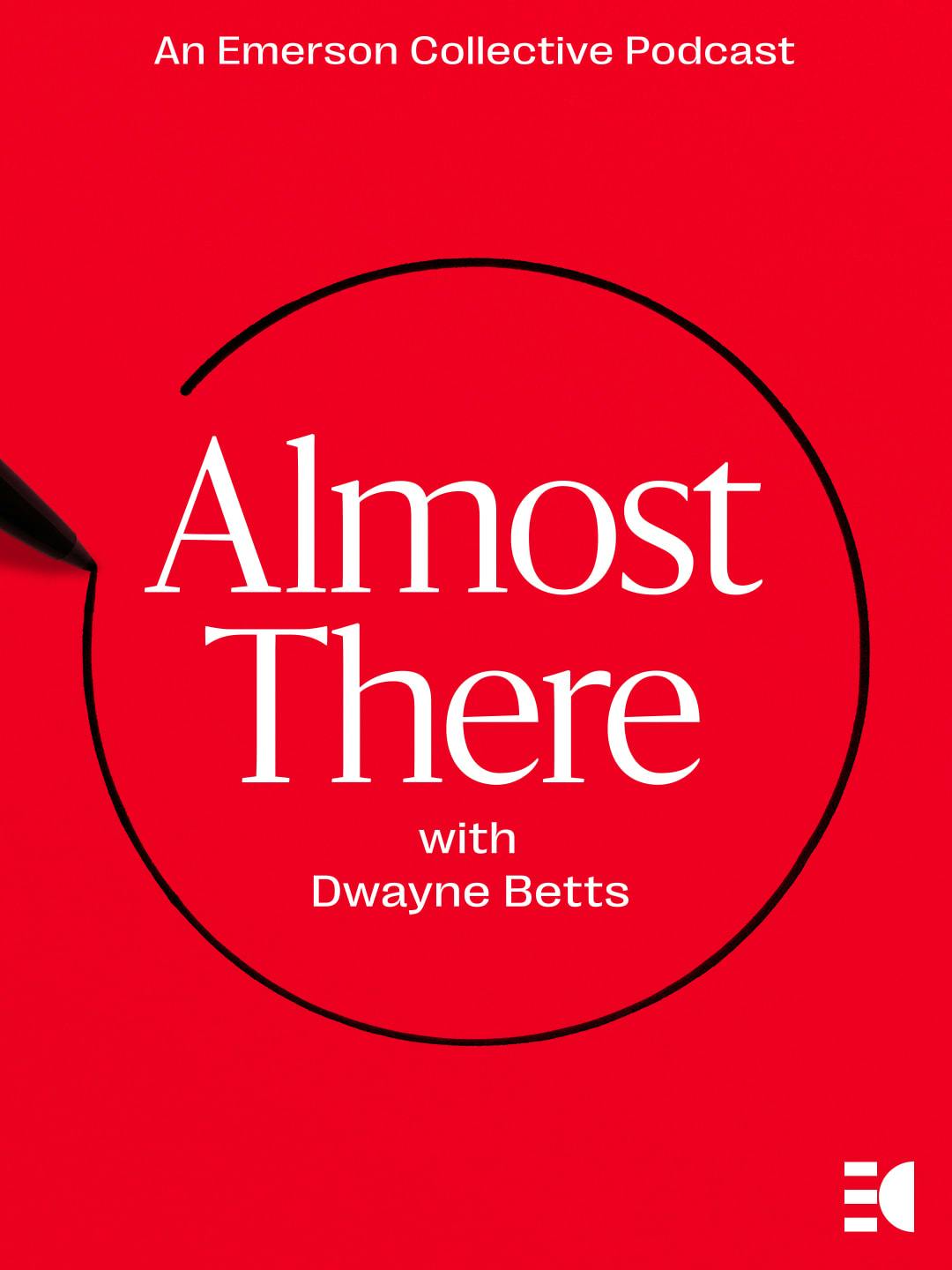
Almost There Podcast
191 min Listen
When Hurricane Katrina barreled toward her home stretch of the Gulf Coast, Sara Zewde had not yet decided what she wanted to do professionally. But the aftermath of the storm inspired her to work across ecology, infrastructure, and culture as a landscape architect. Today, she runs Studio Zewde, a landscape-architecture practice based in New York City, and is an assistant professor at Harvard’s Graduate School of Design. As one of just a few Black female landscape architects, she is dedicated to building culturally-responsive spaces where people experience a sense of belonging. “People walk around Central Park, around landscapes, around sidewalks and street corners, and don’t realize they are living in somebody’s design,” she says. “Every single tree, every single path, all the topography – it’s a complete work of fiction.”
In this episode, Sara tells Dwayne about her interest in Frederick Law Olmsted, the father of landscape architecture in the U.S. and the designer of New York’s Central Park, who, she learned, traveled the American South as a journalist and documented the horrors of slavery there – an experience that came to fundamentally shape his approach to park design.
Email us at almostthere@emersoncollective.com.
Subscribe on Apple, Spotify, Stitcher, or wherever you get your podcasts.
EC Fellowship Monthly Digest
Get our newsletter